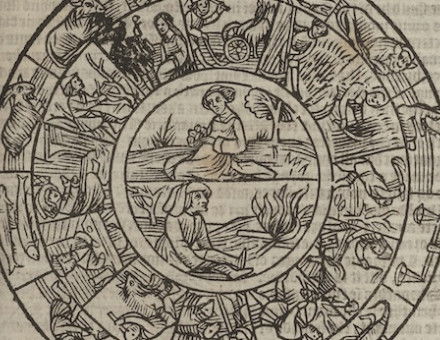The Peasants' Revolt?
No contemporary observer of ancien regime France expressed the ills of that society with more clarity than the English writer Arthur Young. The account of his forays across the Channel, published in 1794, contains unforgettable descriptions of the impending crisis. An unsuccessful farmer in his own right, Young excelled instead as a publicist and commentator on matters agricultural. The diary record of his journeys throughout the kingdom in 1787, 1788 and 1789 is peppered with acid judgements on the state of French husbandry and forthright asides on the condition of the peasantry. If the Travels were scarcely the product of 'a mind free from prejudice', as the preface suggests, they nonetheless reveal a mind keenly aware of the magnitude of the events being transacted and of the role that country dwellers were to play in the unfolding drama. Young's chance encounter with a poor woman while travelling along the road to Metz just two days before the taking of the Bastille is often cited as emblematic of the tensions in the countryside:





